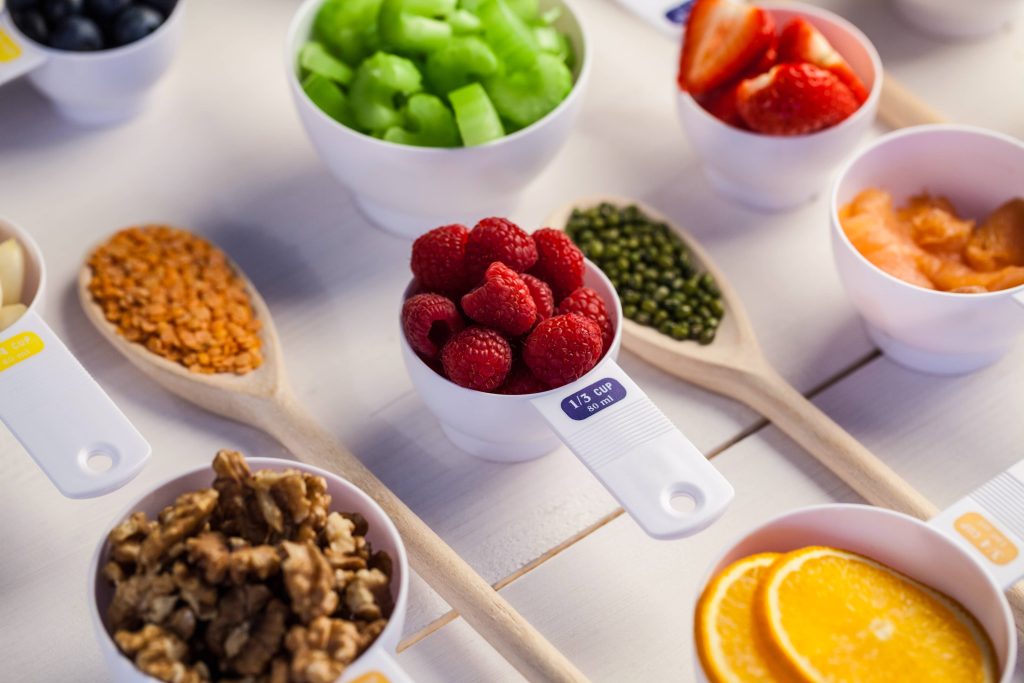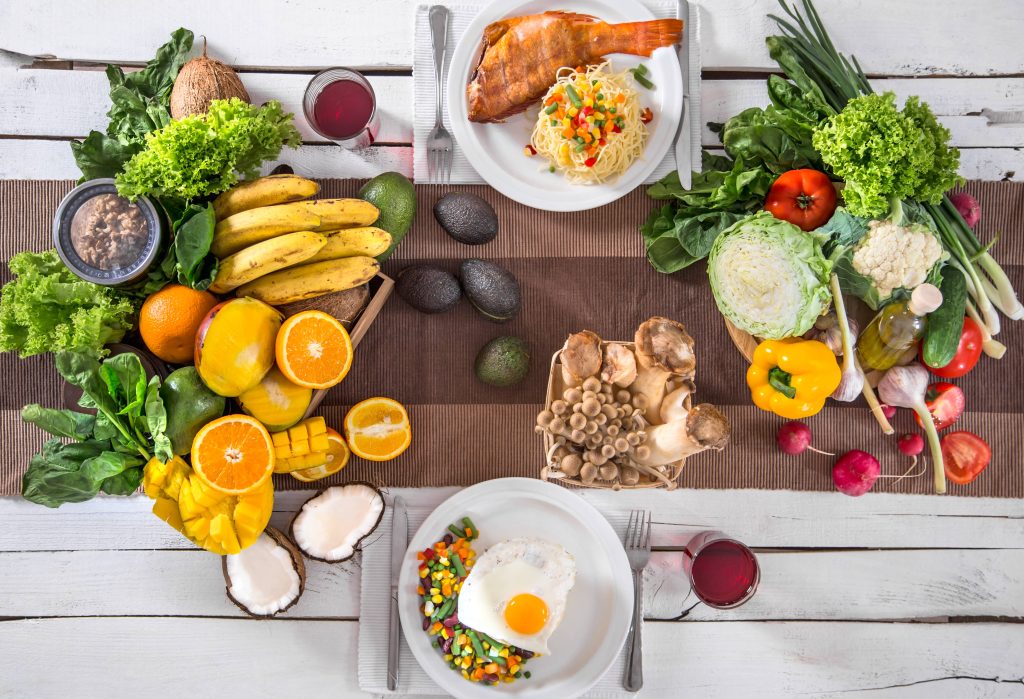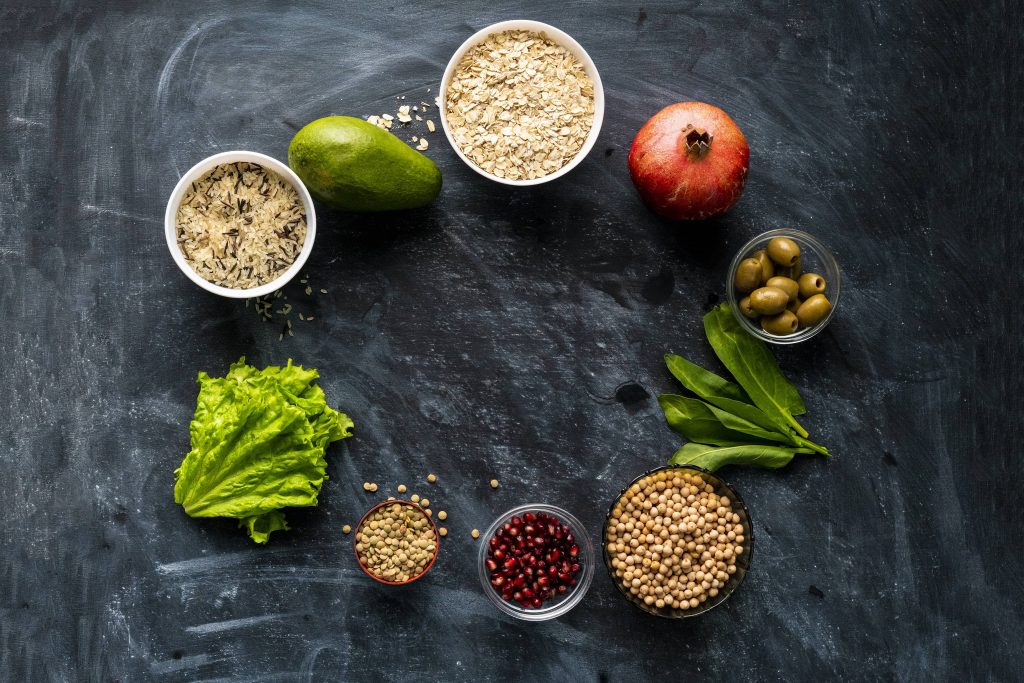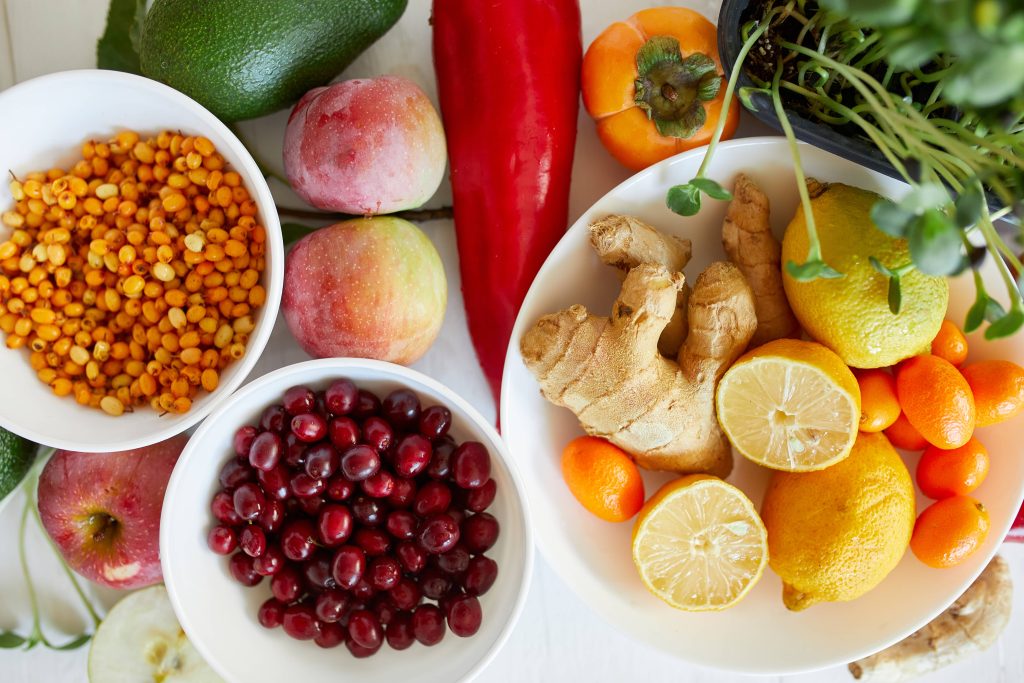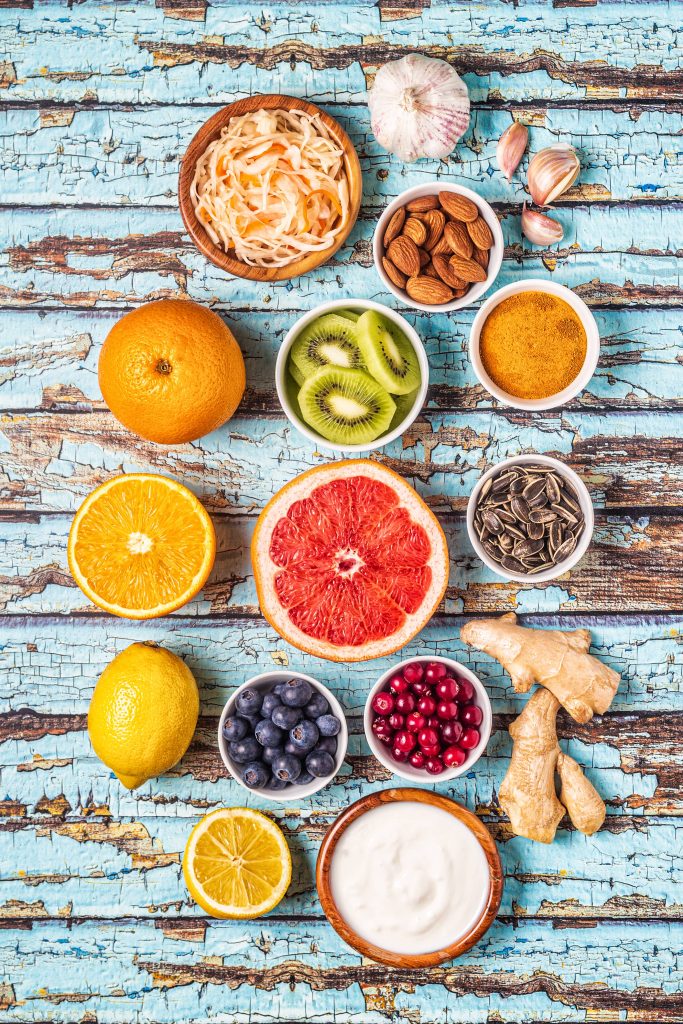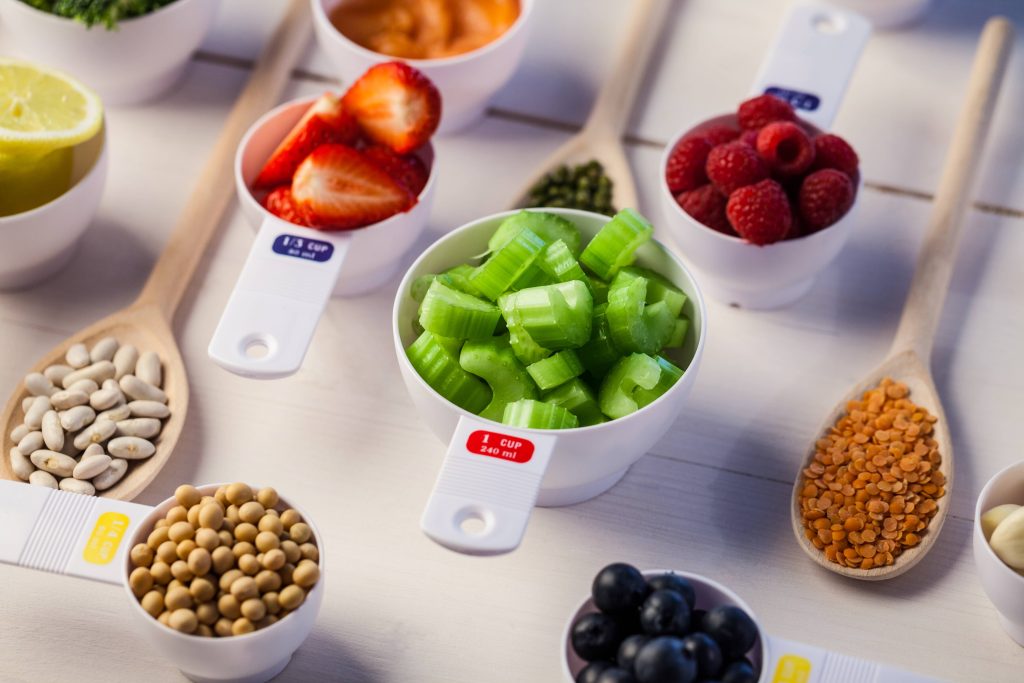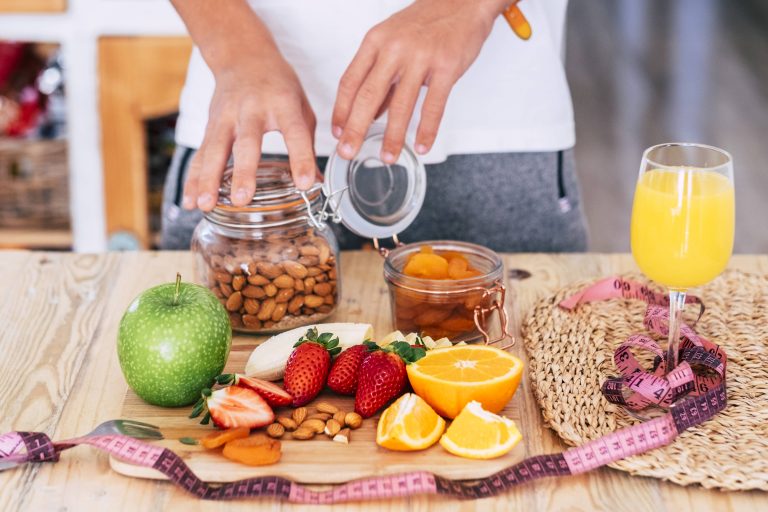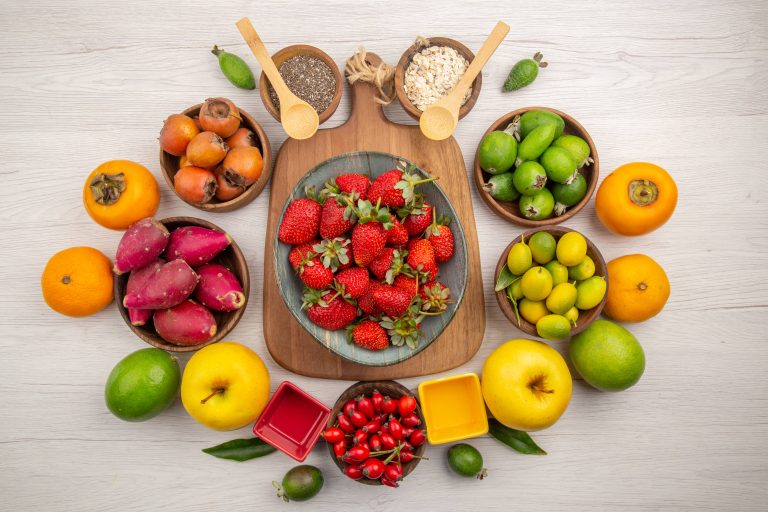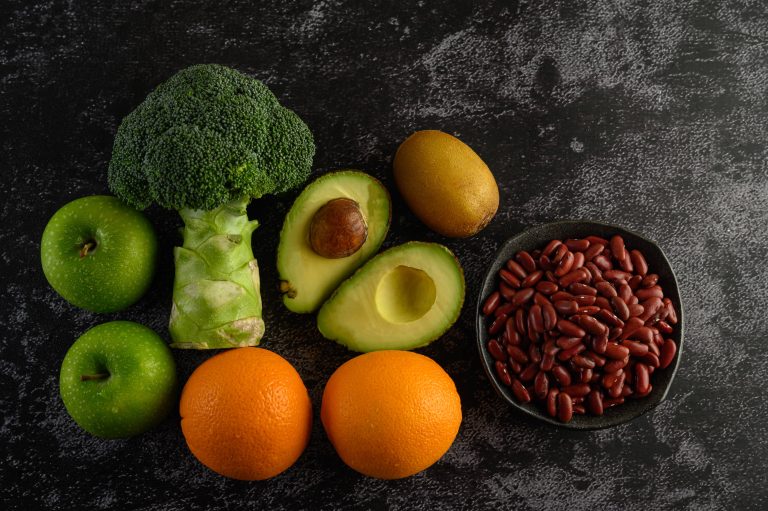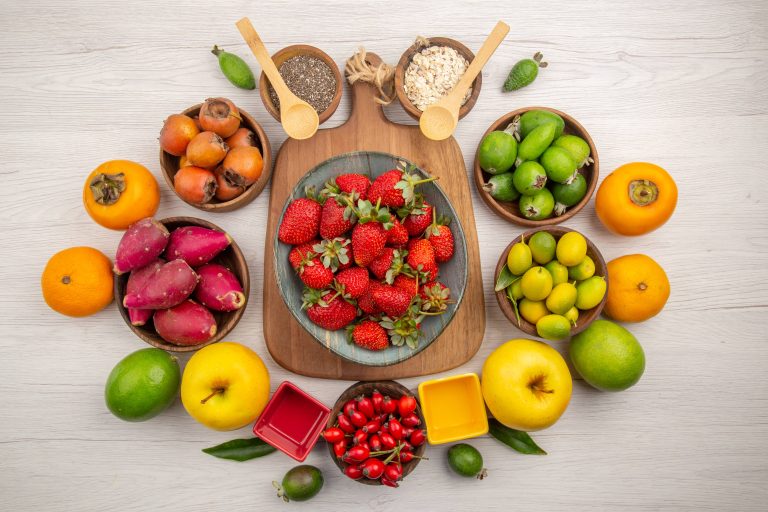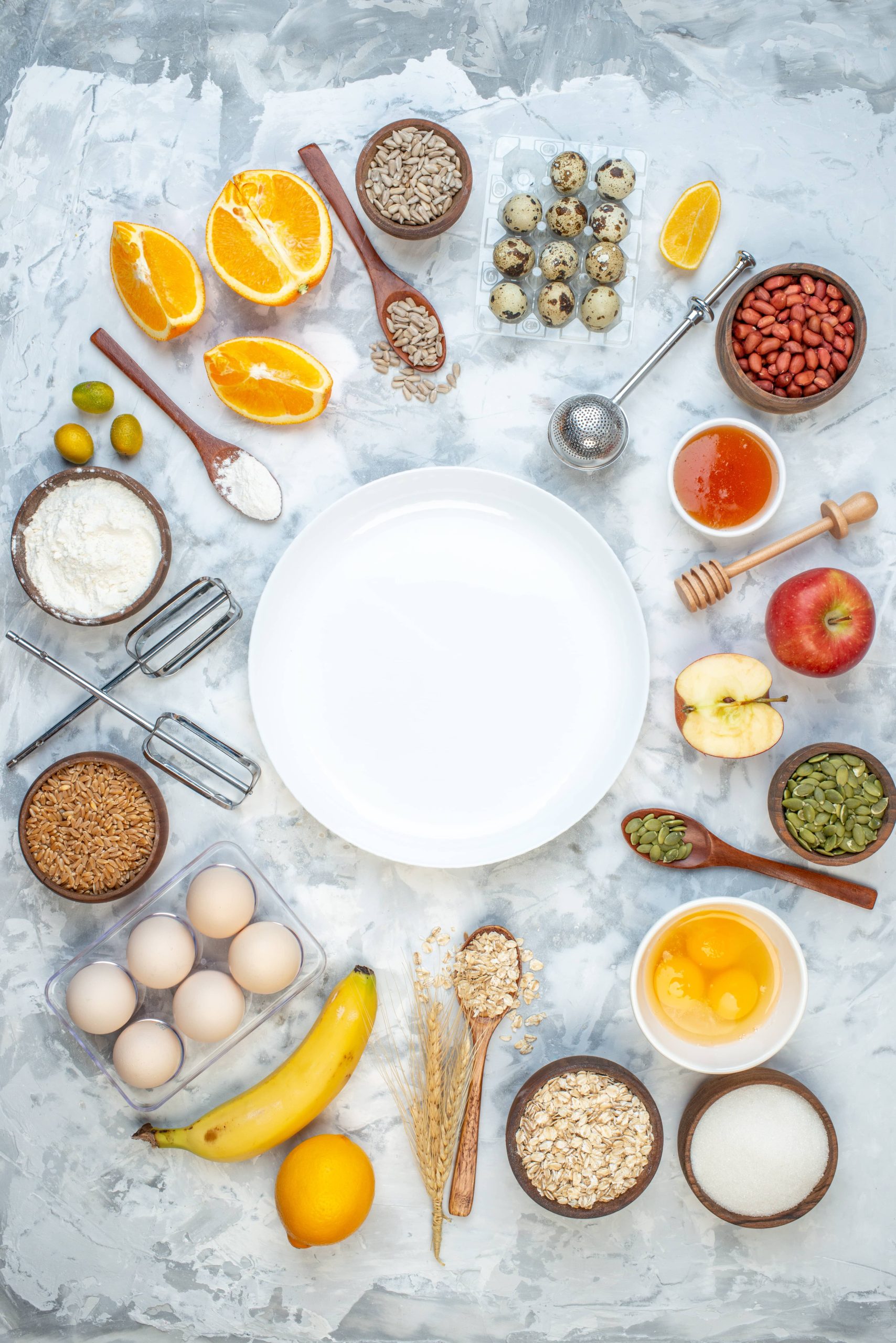
Pregnancy is a remarkable journey that not only transforms a mother’s body but also lays the foundation for the health and development of a new life. During this crucial phase, a balanced and nutritious diet is paramount. Eating the right foods can positively impact both the mother’s well-being and the baby’s growth. In this blog post, we’ll delve into the most beneficial foods for pregnant women that support both maternal health and the baby’s development.
1. Folate-Rich Foods
Folate, or folic acid, is a vital B-vitamin for pregnant women. It plays a crucial role in preventing neural tube defects (NTDs) such as spina bifida and anencephaly, which can affect the brain and spine development. Foods rich in folate include leafy greens like spinach and kale, legumes such as lentils and chickpeas, and citrus fruits like oranges. Including these in your diet helps ensure an adequate intake of this essential nutrient.
2. Lean Protein Sources
Protein is essential for the growth and repair of tissues in both the mother and the developing baby. During pregnancy, a higher intake is required to support the baby’s rapid growth, especially in the second and third trimesters. Excellent sources of lean protein include poultry, fish, eggs, tofu, and beans. Opting for fish like salmon provides the added benefit of omega-3 fatty acids, which are crucial for fetal brain and eye development.
3. Dairy Products
Dairy products such as milk, yogurt, and cheese are excellent sources of calcium and vitamin D, vital for building strong bones and teeth in the growing baby. These foods also provide essential proteins and B vitamins. If you’re lactose intolerant or prefer plant-based alternatives, fortified non-dairy milks such as almond or soy milk can be a great substitute, ensuring you still receive these key nutrients.
4. Whole Grains
Whole grains are rich in fiber, which aids in preventing constipation—a common issue during pregnancy. They are also an excellent source of essential compounds like iron, B vitamins, and magnesium. Foods such as oats, brown rice, quinoa, and whole-wheat bread should be staples in a pregnant woman’s diet. These foods provide sustained energy and support the baby’s brain development.
5. Iron-Rich Foods
Iron is crucial during pregnancy, as the body requires more of it to produce additional blood for both mother and baby. Iron deficiency can lead to anemia, leading to fatigue and other complications. Red meat, poultry, and fish are excellent sources of heme iron, which is more easily absorbed by the body. Plant-based sources include beans, lentils, and fortified cereals. Pairing these with vitamin C-rich foods like berries or bell peppers can enhance iron absorption.
6. Hydrating with Water and Healthful Beverages
Proper hydration is essential during pregnancy, as it supports the increased blood volume and helps in amniotic fluid production. While water should be the primary source of hydration, herbal teas and coconut water can also be beneficial. It’s best to avoid sugary drinks and limit caffeine intake.
7. Colorful Fruits and Vegetables
Vibrant fruits and vegetables are packed with vitamins, minerals, and antioxidants, essential for the developing baby’s immune system and overall growth. Berries, bell peppers, carrots, and sweet potatoes are excellent choices. These foods are also high in fiber and can help with digestion.
8. Healthy Fats
Incorporating healthy fats is crucial for fetal development, particularly for the brain and nervous system. Foods rich in omega-3 fatty acids, like flaxseeds, walnuts, and chia seeds, are beneficial. Avocados are another great source of healthy fat and are loaded with potassium and fiber.
The Role of Supplements
While it’s best to obtain nutrients from food sources, prenatal vitamins can help fill nutritional gaps and ensure you’re getting ample folic acid, iron, and other key nutrients. Always consult with a healthcare provider to determine what’s best for your individual needs.
Mindful Eating Practices
Eating at regular intervals during pregnancy can help manage hunger and provide consistent energy levels. Listening to your body’s hunger cues and eating balanced meals can prevent overeating and stabilize mood swings. Including a variety of foods ensures that both mother and baby receive the broad spectrum of nutrients needed during this transformative time.
Conclusion
Proper nutrition plays a vital role in the health and development of both pregnant women and their babies. By incorporating a variety of nutrient-dense foods into the diet, expecting mothers can support their own well-being while laying a solid foundation for their child’s future health. Eating thoughtfully and embracing the power of whole foods transforms each meal into an opportunity for nurturing the bond between mother and baby before they even meet. Always consult with healthcare providers about dietary changes to ensure the best outcomes for both mother and child.

